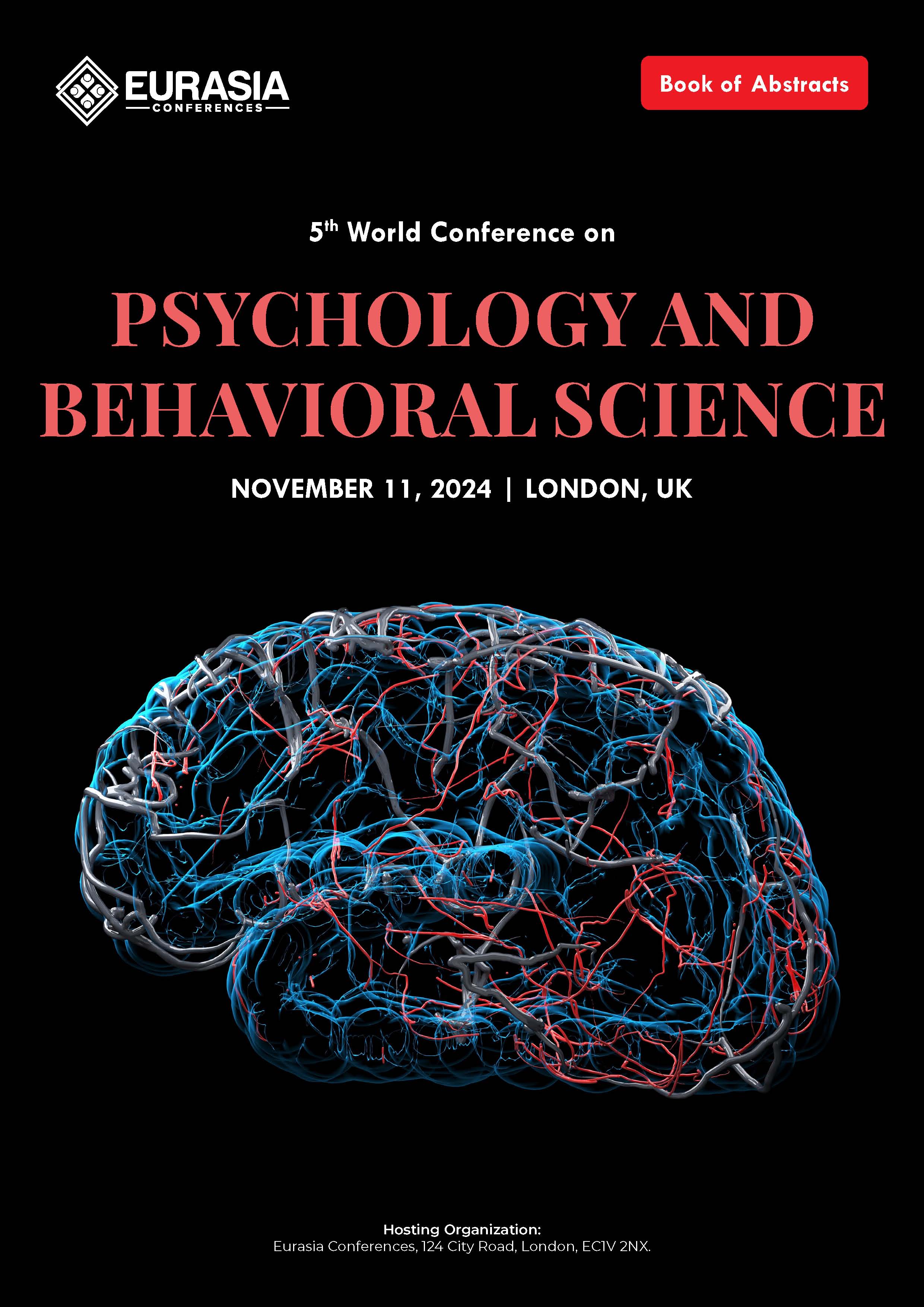
Devdarshan Bastola
This research explored the relationship between Vedic chanting within the Gurukul educational system and cognitive function and memory. Participants were recruited from the Sanketi community of India in Mattur, Karnataka, and those associated with the Yajurveda Vedic branch. The study aimed to determine if Vedic chanting enhanced memory, problem-solving and abstract reasoning skills by conducting a survey using a dedicated questionnaire that included a Digit span memory test as well as Raven’s matrices test. Key variables assessed within the questionnaire included age, Gurukul duration, family income, and educational qualifications.
A meticulous selection process was employed, leading to a final sample of N=40 males, with an average age of M=32.2 years (SD=14.6) and Gurukul duration of M=6.58 years (SD=2.68). Data was collected using Gorilla.sc, incorporating the Digit Span Memory Test and Raven’s Progressive Matrices. A local representative distributed the questionnaire, ensuring anonymity. Analytical techniques encompassed correlational analysis, multicollinearity assessment, partial correlation, and multiple regression. Ethical clearance was granted by the School of Psychology and Sport Science Research Ethics Panel at Anglia Ruskin University.
The study revealed a notable positive correlation between Gurukul duration and Digit Span Test scores. Interestingly, age did not show the expected inverse relationship with cognitive scores. A negative correlation was observed between current chanting practices and family income, suggesting socio-historical influences on educational choices. While the study recognizes its limitations; the results highlight the potential of traditional educational practices in cognitive enhancement. This research paves the way for future inquiries and advocates for incorporating Gurukul elements into modern educational systems.